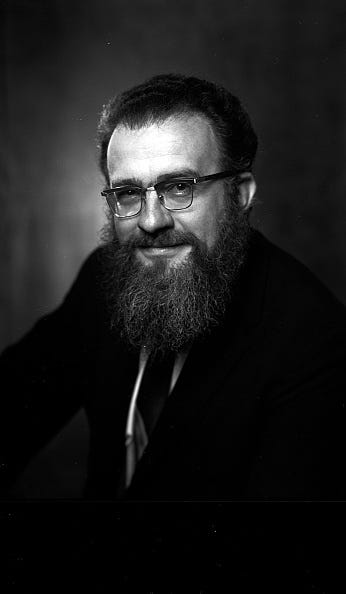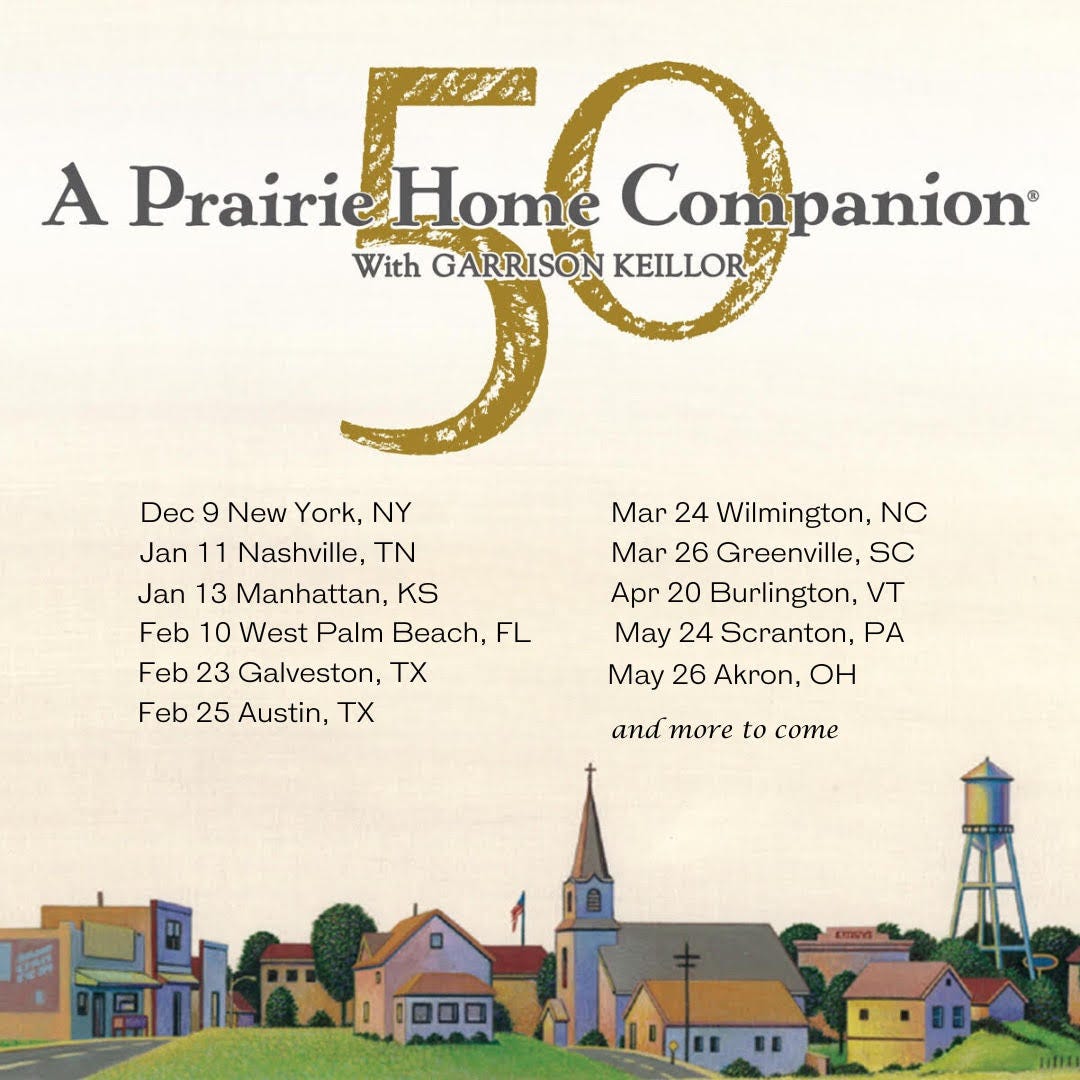The Writer's Almanac from Friday, January 5, 2007
Pandora by Kelley Jean White, from Body Language. © The Library of America
It's the birthday of the poet W. D. (William DeWitt) Snodgrass, born in Wilkinsburg, Pennsylvania (1926). He started writing poetry at a time when the poets T.S. Eliot and Ezra Pound had persuaded most poets writing in English that poetry should be full of imagery and symbols and allusions to mythology, but that it shouldn't contain any obviously personal details.
But while Snodgrass was studying poetry at the Iowa Writer's Workshop in the early 1950s, his marriage began to fall apart, and he couldn't help but write about it in his poems. He showed some of these personal poems to his teacher, the poet Robert Lowell, but Lowell didn't like them.
Snodgrass kept working on the poems for the next few years, while he took a variety of teaching jobs. He eventually sent the revised drafts to Robert Lowell again, and this time Lowell thought they were amazing. They even influenced Lowell's decision to start writing personal poems of his own. Lowell helped Snodgrass get his first poetry collection published, and it came out in 1959, called Heart's Needle. It was Snodgrass's first book, and it won the Pulitzer Prize for poetry.
Snodgrass's work helped inspire a whole new school of poetry in which American poets began to write openly about their personal lives for the first time in decades. Snodgrass has since been called one of the founders of confessional poetry, but he said, "The term confessional seems to imply either that I'm concerned with religious matters (I am not) or that I'm writing some sort of bedroom memoir (I hope I'm not)."
But in defense of writing personal poems, Snodgrass said, "The only reality which [a poet] can ever surely know is that self he cannot help being. ... If he pretties it up, if he changes its meaning, if he gives it the voice of any borrowed authority, if in short he rejects this reality, his mind will be less than alive. So will his words."
It's the birthday of Umberto Eco, born in the Piedmont region of Italy (1932). He started out as a philosopher and literary critic, and became one of the first intellectuals to study popular culture, writing serious essays about James Bond movies and Superman comics and other products of pop culture that had previously been ignored by literary critics.
Then, one day, Eco decided to produce some popular culture himself. He got an idea for a murder mystery set in a monastery in the middle ages, and he called it The Name of the Rose. When it came out in 1980, The Name of the Rose sold 2 million copies. He's continued writing novels since then, including Foucault's Pendulum (1988) and The Island of the Day Before (1995).
It's the birthday of the humorist and conservative columnist Florence King, born in Washington, D.C. (1936). She wrote a column from 1991 to 2002 in National Review magazine called "The Misanthrope's Corner," and she's also the author of Confessions of a Failed Southern Lady (1985), a fictionalized memoir about her grandmother.
Florence King said, "[To be a wit] you must have a dismal outlook on life and human nature. You have to be a misanthrope, a loner, an introvert — all the things Americans don't want to be and don't think people should be. Wit goes for the jugular; humor goes for the jocular." She also said, "The witty woman is a tragic figure in American life. Wit destroys eroticism and eroticism destroys wit, so women must choose between taking lovers and taking no prisoners."
Be well, do good work, and keep in touch.®
We’re taking the show on the road to celebrate the 50th Anniversary of A Prairie Home Companion! CLICK HERE for show locations and tickets!





